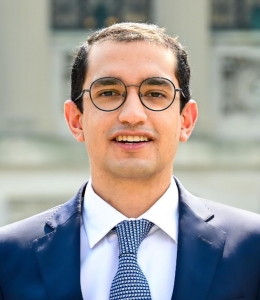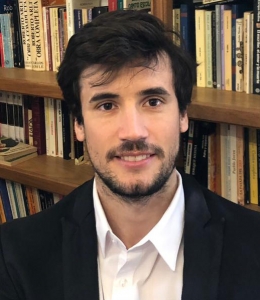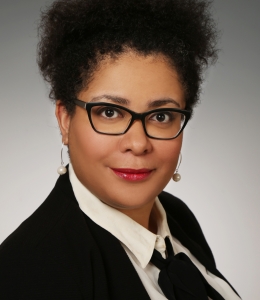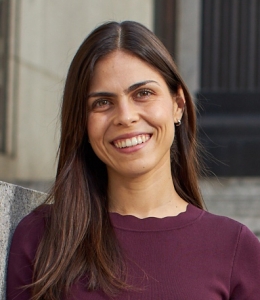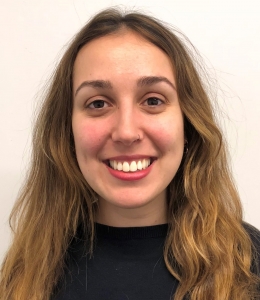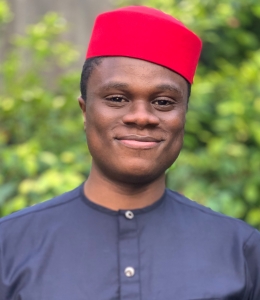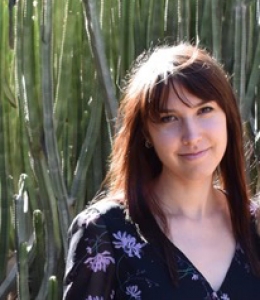Global Advocates for Justice: The 2020–2021 LL.M. Human Rights Fellows
Offered jointly by Columbia Law School’s LL.M. program and the Human Rights Institute, the fellowships are awarded to lawyers committed to battling fundamental injustices around the world.

The LL.M. Human Rights Fellowship includes training and support for advocates for justice and builds on the long tradition of human rights advocacy at Columbia Law School. This year’s fellows come from Africa, Europe, and North and South America; they have taken on challenges including defending the rights of asylum seekers and addressing the tensions between international investment law and the rights of vulnerable citizens. “The 2020–2021 cohort of LL.M. human rights fellows is an extraordinary group of lawyers,” says Sarah Knuckey, Lieff Cabraser Clinical Professor of Law and faculty co-director of the Human Rights Institute. “Hailing from all over the world, these fellows bring a diverse set of expertise and experiences. They have demonstrated their deep commitment to human rights law, and we are honored to work with them to hone their unique skills in advancing social justice.”
